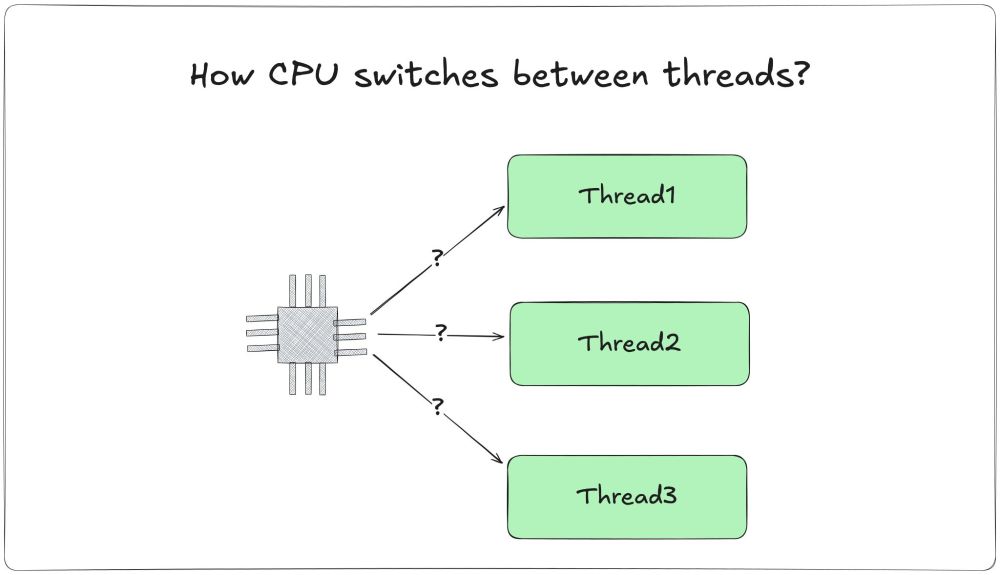𝑠𝑒𝑙𝑒𝑐𝑡 ... 𝑤𝘩𝑒𝑟𝑒 𝑠𝑜𝑚𝑒_𝑐𝑜𝑙 𝐢𝐬 𝐧𝐨𝐭 𝐝𝐢𝐬𝐭𝐢𝐧𝐜𝐭 𝐟𝐫𝐨𝐦 ?
Looks awkward, but not as awkward as the alternatives.

𝑠𝑒𝑙𝑒𝑐𝑡 ... 𝑤𝘩𝑒𝑟𝑒 𝑠𝑜𝑚𝑒_𝑐𝑜𝑙 𝐢𝐬 𝐧𝐨𝐭 𝐝𝐢𝐬𝐭𝐢𝐧𝐜𝐭 𝐟𝐫𝐨𝐦 ?
Looks awkward, but not as awkward as the alternatives.

#computerscience

#computerscience
See: github.com/ctapobep/blo...

See: github.com/ctapobep/blo...
Learning a skill and preparing for interviews are very different: one is shallow, another is deep. There are people who never learn because they always prepare.
Learning a skill and preparing for interviews are very different: one is shallow, another is deep. There are people who never learn because they always prepare.
#computerscience #algorithms

#computerscience #algorithms


